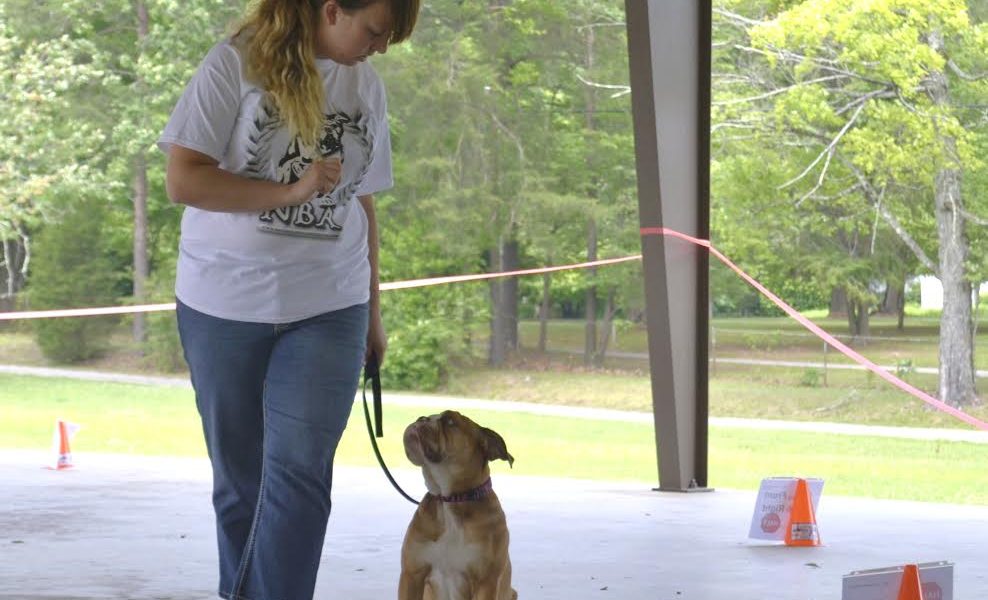So you want to breed?
by: Megan Moore
Breeding dogs can sound like fun and everybody loves the smell of puppy breath, but let’s talk about the little things that don’t always get thought about. First and foremost, breeding dogs comes with responsibilities and things that don’t always go in your favor. There can be tears of joy, and tears of heartbreak.
Not every dog should be bred. That is probably one of the most important facts with dog breeding. Just because your dog comes from Champion lines or you paid lots of money for it, is not a reason. You must research and choose good dogs that are breeding worthy. Breeding dogs, and doing it right, is an expensive undertaking. In fact, most breeders consider themselves lucky if they break even after having a litter. Other factors include purchasing good breeding stock, health testing, feed quality food, and maintain their health. The only reason you should be breeding your dog is if you feel they will improve the breed by doing so.
What type or style of a dog do you want to produce? Some kennels are interested in producing conformation show champions while others may want to produce a working dog, or maybe even a family dog. No matter what the breed is, most have diversity. Set goals, don’t get kennel blindness, and continually evaluate your stock to reach your goals.
After knowing what you want in a dog, it is always important to learn your breeds standard. Every breed should have a standard and they are written as an evaluation tool for your breeding program. The standard is written to tell you exactly what your breed should be. Anything from temperament to conformation. Keep in mind that different registries have different standards, so find one you like and stick with it. Breeding perfection to the standard will help create future conformation champions. For temperament, most clubs will perform temperament tests or Canine Good Citizen tests.
In order to produce healthy well-being dogs we must screen our breeding stock for any genetic problems, make sure they have proper nutrition and good exercise, as well as good temperaments. Knowing what health concerns can be common in your breed is vital. You will also need to research the particular bloodlines you are using and what problems are common with those. You must also make sure both the bitch and the stud are free from brucellosis before breeding them. Be on the alert for females that need Cesarean Section, it can be stressful and expensive.
Be prepared that you are not only caring for a pregnant bitch, but after she whelps her litter the puppies must stay with the mother for an average of eight weeks. You must find good, loving homes for them and be prepared to take them back into your if their new owners can no longer care for them. Genetic defects do come up from time to time and you need to decide how to care for them or where to place those puppies as well. What will you do if you cannot place the puppies in new homes?
Remember when it comes to breeding there is so much more than just putting two dogs together. If you want to do it right, and get healthy and happy puppies, it is very expensive and a lot of work. Do your research and find a mentor or two. It would also be beneficial to find a local dog club to help guide you in the right direction.










